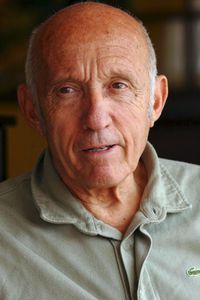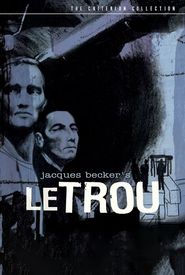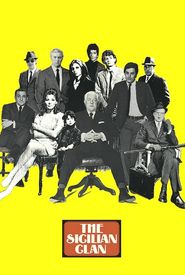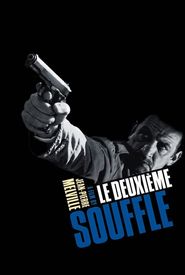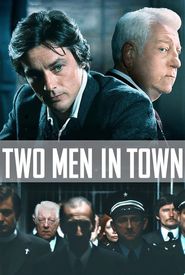Joseph Damiani, also known as José Giovanni, was born on June 22, 1923, to a Corsican family. As a teenager, he worked various jobs, including washing dishes in a train-restaurant, lumberjack, coal miner, and waiter in a hotel restaurant in Chamonix.
Arrested for fraud in 1932, Damiani was condemned to one year in jail. During World War II, he worked as a high mountain junior guide but falsely claimed to have been a member of the French Resistance.
In 1944, Damiani moved to Paris and joined the Parti Populaire Français, a fascist party. He became a collaborationist and a Militiaman, participating in the arrest of individuals who refused to work for the Nazis in Occupied France.
In August 1944, Damiani and an accomplice stole two Jewish merchants in Lyon, France, pretending to be German police officers. He was later charged with kidnapping, torture, robbery, and assassination.
Damiani and his accomplices were arrested in June 1945, but one of them, Jacques Ménassole, committed suicide to avoid arrest. Damiani was judged twice, first in Marseille in 1946 for treason and sentenced to 20 years in prison, and then in 1948 for the murder of the Peugeot brothers, and was sentenced to death with Georges Accad.
However, in 1949, the death sentence was commuted to life imprisonment after months spent in the death row. Damiani was freed in 1956 and began writing novels, including "Le trou" ("The hole"),which was published under his pen name, José Giovanni.
Giovanni became a well-known dialogue writer, scenarist, and director, working with Jacques Becker and other notable directors. He directed his first movie in 1966 and went on to direct many films, including "La loi des survivants", "Le Rapace", "La Scoumoune", "Le Gitan", and "Le Ruffian".
Giovanni's experiences on death row had a profound impact on him, and he became an advocate for the abolition of the death penalty. He incorporated this theme into many of his films, including "Deux hommes dans la ville" and "Une robe noire pour un tueur".
Giovanni wrote 20 novels, 2 memoirs, 33 scripts, and directed 15 movies and 5 TV movies. He lived in Switzerland with his wife and children since 1969 and died on April 24, 2004, at the age of 80, from a brain hemorrhage.
